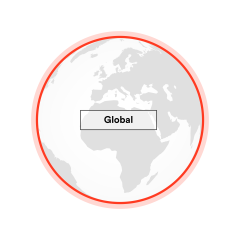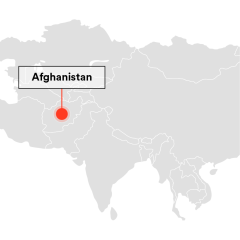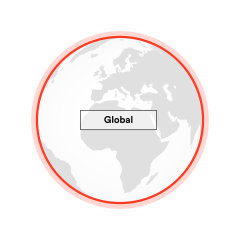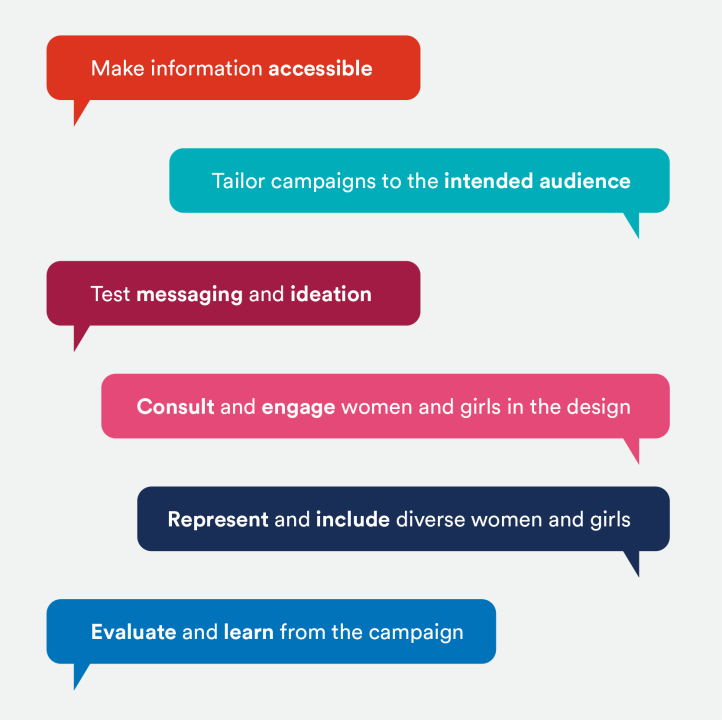Work with the Media to end VAWG

Work with the Media to end VAWG
Case Studies

Spotlight Initiative has partnered extensively with the media and arts and culture organisations to heighten awareness of healthy gender norms and behaviours and increase knowledge about the rights of women and girls, especially at the community level.
In Malawi, for example, the programme collaborated with a private media company to raise awareness on eliminating VAWG. This included the promotion of positive masculinities through the HeforShe campaign across the six Spotlight Initiative programme districts in-country. Furthermore, to highlight the important role of activists during the 16 Days of Activism to End Violence Against Women and Girls, 16 community-based activists were interviewed on community and national radio stations to support grassroots activism, promote their work and amplify their stories.
In Samoa, the programme directly engaged with media companies and social media agencies as part of national-level campaigns to prevent violence. For example, the Spotlight Initiative programme carried out a multimedia campaign to reduce family violence, especially violence against children, with messaging promoting gender-equitable, child-friendly, and violence-free norms, attitudes, and behaviours. In developing these key messages, the campaign team used evidence from existing sources and organised consultation workshops with communities to guide their work. The launch of the campaign’s media products boosted the social media profile of the Ministry of Women, Community and Social Development, especially that of its Prevention and Early Intervention Unit, as well as the Child Protection Unit, which has been fielding calls for information, assistance and in some cases for protection since the release of those media products. Read more about the multimedia campaign in Samoa.



The Central Asia and Afghanistan Regional Programme partnered with TikTok to launch regional campaigns to address harmful social norms around violence. Based on the multi-stakeholder evidence collected, the Spotlight Initiative programme partnered with five social media influencers and produced 15 TikTok videos. These videos were widely disseminated with an estimated target audience of 200,000 social media users, likely contributing to heightened awareness of, and an improved understanding on, the issues of gendered violence, harassment, gender stereotypes and discrimination.
Additionally, the programme launched the first HeForShe Central Asia communication campaign, targeting young men, recent fathers and husbands aged 16-40, as well as secondary audiences, with tested key messages about the importance of gender equality and healthy masculinity, including mental health. It also partnered with TikTok to increase visibility for the Regional Programme’s behaviour change campaigns.



Spotlight Initiative engages in many strategic partnerships at the global level, including with advocates and influencers, to challenge gender stereotypes and raise awareness of EVAWG work. Global Advocates for Spotlight Initiative, including actor Cecilia Suarez and South African Springboks Rugby Captain Siya Kolisi, have used their social media channels and participation in interviews and at panel discussions to champion work by Spotlight Initiative. Find out more about Ceclia’s support and engagement here and Siya’s personal reflections here.
WithHer Fellowship
Through the #WithHer campaign and its Culture Change Commitment, Spotlight Initiative continued to engage public figures who have the power, influence and platforms to reach audiences and help influence international cultural norms around violence. The WithHer fellowship programme engaged eight influential creators and guided them through the process of developing content. Creators were given the freedom to explore any relevant topics relating directly to ending violence against women and girls in their own way. The topics covered included diverse themes, such as family planning and parenting to build a more equitable world with women and girls; men’s work and male responsibility; VAWG in the fine dining industry and food systems as a whole; the connection between VAWG, women’s rights and climate change; and the disproportionate rate of violence against women and girls for those with disabilities. This campaign received more than 600,000 views through the eight influencers’ accounts.



Spotlight Initiative acknowledges the central role of journalists and their contribution to public discourse as well as the potential of this group to change existing narratives so that they support upholding and advancing women’s rights and gender equality. Through the support of six Spotlight Initiative programmes in 2021, 134 news outlets now have peer-validated news and media standards on ethical and gender-sensitive reporting. They join more than 600 media houses engaged by Spotlight Initiative that have committed to better reporting on VAWG.
Eight Spotlight Initiative programmes also organised trainings for journalists, and nearly 5,000 journalists are now better equipped to sensitively report on concepts related to gender, gender equality and VAWG. These trainings also contributed to the development of 1,089 news stories across various media channels (print, online and broadcast). Spotlight Initiative programmes in Kyrgyzstan, Tajikistan, Timor-Leste, and Uganda, among others, focused on enhancing responsible reporting from a gender-responsive and equality lens.
For example, in Uganda, the Spotlight Initiative programme, together with partners, developed A Guide for Media on Gender-Sensitive Gender-Based Violence Reporting to strengthen gender-responsive reporting and address issues of violence against women and girls without stereotyping. As a result of training media and journalists, the vast majority (70%) reported better knowledge of concepts related to gender and gender-based violence, and most (65%) increased their reporting and writing on issues related to violence against women and girls in the country and community. A significant success was seen with the Northern Uganda Media Group, which discouraged violence against women and girls through their channels. They also offered free airtime for leaders to discuss women’s rights, providing a critical platform for narrative-shifting public conversations.








